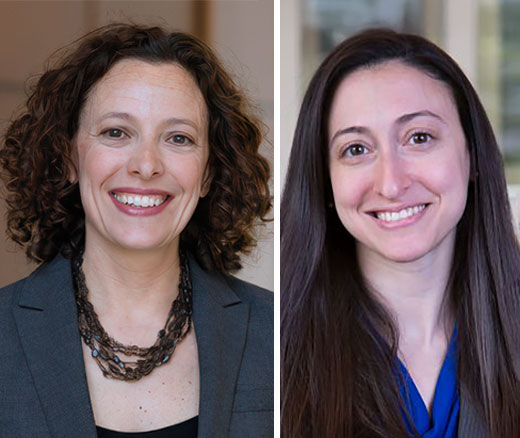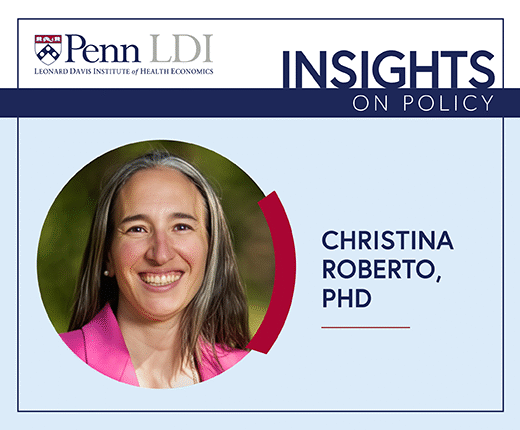
Understanding the Evidence: SNAP and Health
Six Studies That Highlight How Losing SNAP Can Raise Food Insecurity and Affect Health
In Their Own Words
The following excerpt is from an op-ed that first appeared in The Philadelphia Inquirer on December 27, 2022.
In the wake of landmark bipartisan approval of legislation to legalize same-sex marriage across the country, it is time to repair the policy that uniquely discriminates against a large group of men who want to give blood.
Some may be as surprised as I was to learn that the current rule discriminates against men who have sex with men. The Food and Drug Administration (FDA) is currently reviewing its policy, which began during the early days of the HIV epidemic, well before treatment for HIV was commonplace, and long before testing for the virus was as accurate as it is today. The agency is expected to update its guidance soon, with leading organizations such as the American Red Cross in support of needed changes.
As a physician, and a gay married man who has been monogamous for close to 17 years, I first confronted this antiquated legislation when my husband and I decided to do what we could at the beginning of the pandemic. At that time, there was a severe blood shortage, and we scheduled appointments to donate blood.
Only then did we discover that we needed to attest to being celibate for three months before being allowed to donate blood. We were shocked. I mean, our children may call us “old-school,” but they would never mistake us for monks. This policy had been in place since 2020, before which the FDA-sanctioned “deferral” time for men who had sex with men was 12 months of celibacy.
There was a time when this approach was justified. But not now.
Read the entire op-ed, here.


Six Studies That Highlight How Losing SNAP Can Raise Food Insecurity and Affect Health

Includes $1 Million in Donations to Meet a Matching Challenge

Government Regulatory Power Wanes as Power Accrues to Courts and Corporations

Temporary Shutdown Losses are Only the Beginning: New Rules Under the One Big Beautiful Bill Act will Shrink SNAP Benefits, and Worsen Food Insecurity for Millions Across the U.S.
Research Brief: Shorter Stays in Skilled Nursing Facilities and Less Home Health Didn’t Lead to Worse Outcomes, Pointing to Opportunities for Traditional Medicare

A New Call to Action Urges Three Ways State and Local Leaders Can Act To Ban Additives, Improve Food Labels, and Restrict Marketing to Children

New Therapies Inspire Hope, Even as Access and Treatment Risks Continue to Challenge Patients and Providers

Testimony: Delivered to Philadelphia City Council’s Committee on Labor and Civil Service